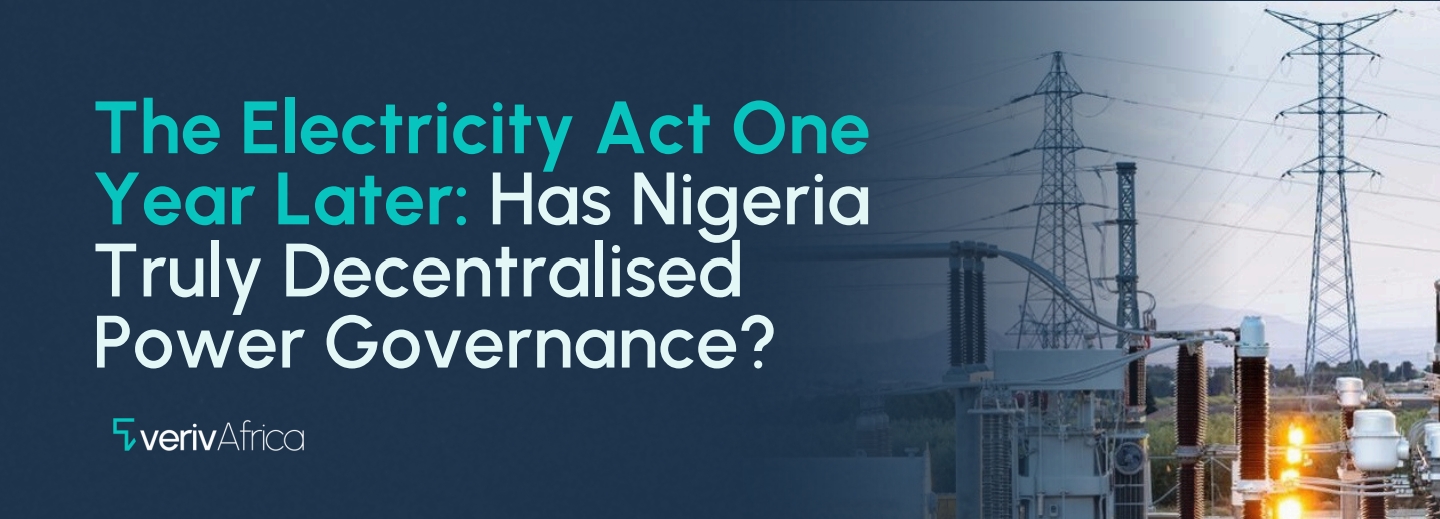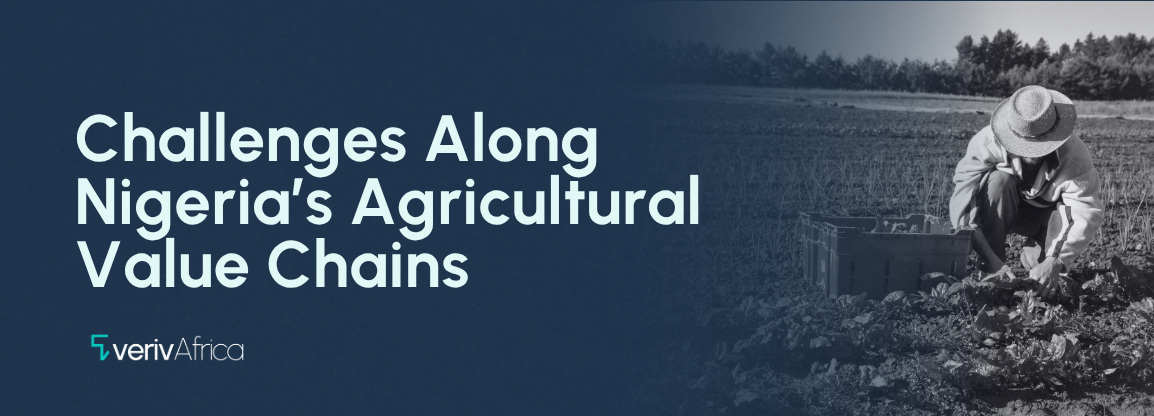Gender-based discrimination still exists in several aspects of Nigerian society. From spheres such as employment and education to political representation and resource access, Nigerian women are passed over for their male colleagues on the basis of sex. These discriminatory practices are rooted in institutional barriers, customs, and cultural norms that give preference to men over women. Such obstacles and norms limit women's rights in making decisions concerning land and property ownership, certain businesses, access to credit, and worse, their health and well-being. Due to cultural norms and socioeconomic structures, women encounter major obstacles nationwide when seeking safe, sustainable housing.
Statistical Overview of Housing Ownership in Nigeria by Gender
Statistics starkly depict the disparity between genders in Nigerian house ownership. Men primarily hold land titles and ownership, while women are often marginalised in this domain. This imbalance is exacerbated by cultural norms and traditions prioritising male inheritance and property rights. According to the World Bank Gender Data Portal, only about 10.75% of the total women in Nigeria either solely or jointly owned a type of housing in 2018, compared to 40.5% of all men in Nigeria.
The figure above depicts house ownership in Nigeria between the ages of 15 and 49, disaggregated by gender. About 89% of the female population between the ages of 15 and 49 did not own a house, compared to 59.50% of their male counterparts. Only 2.5% of the women solely owned houses, a low figure compared to 24% of the male population. 6% of the female population jointly owned houses. This highlights the reality that most women have to buy or build houses jointly with a man, either their husbands or brothers, even when they are the financiers, etc.
Rental Realities in Nigeria
Not counting the inequalities plaguing house ownership in the country, there is a significant rot in the housing rental space as women, especially single women, find it difficult to rent houses. In a study, Odefadehan highlighted that most female corps members experienced different forms of gender discrimination as they needed the authorisation or the presence of their parents or guardians before house owners let them rent apartments in Lagos state. They were also predisposed to many forms of sexual harassment—sex for rent, sexual assault, rape, snarky comments, inappropriate touches, etc. The study also revealed that some females experienced higher rent charges than their male counterparts. In addition, single women and female-headed households are usually discriminated against by private landlords, making securing rental houses very difficult. (Alabi et al., 2017). To secure apartments, single ladies had to invite a male figure in their lives, such as their uncle, cousin or brother and, in some cases, a pretend lover to wade off unwanted advances. (Johnson, 2017).
Other Drivers of Gender Discrimination in Housing
Most of the time, the only way to land ownership for women in Nigeria is through purchase. This is because women are deemed ineligible for land inheritance by tribal norms and customs. Also, social conventions that prioritise domesticity and marriage over financial independence and career advancement make purchasing harder for women due to a dependence on men for support. This economic inequality prevents women from obtaining credit and restricts their ability to buy land, thus exacerbating their exclusion from the housing market. Nigerian financial institutions are also responsible for this lack of access to credit and land ownership rights, as credit is withheld due to stringent conditions and high collateral demands, which most women cannot afford. Vastly, the socio-biological expectations of women in their homes and society also constrain them from pursuing land and house acquisition (Alabi et al., 2017; Olusegun, 2012).
Economically, women who do not have safe housing are more vulnerable, making it difficult for them to earn a living and support their families. Substandard or inadequate housing sustains social cycles of poverty and inequality, which affects primarily women and their families. Furthermore, the psychological toll of housing insecurity and discrimination influences women’s general well-being and mental health, thereby intensifying stress and anxiety (Mehdipanah et al., 2018).
Strategies for Addressing Gender Bias in Access to Housing
- Awareness of Legal rights.
In a BBC report, Nduka Orjinmo stated that these discriminatory practices violated the Nigerian constitution. Therefore, educating the public about the provisions of current policies and laws is crucial to seeking redress when rights are violated. Women should know that they can rent or buy any house of their choice according to their financial ability without consent or representation from any man. Collaboration among civil society organisations, women leaders, community leaders, and ward representatives will help raise awareness and ensure that legal rights are extended to a more significant portion of the population, reducing gender discrimination in housing.
- Land Ownership Rights
Customary law needs to be revised with non-discriminatory policies that uphold fundamental rights and are free from gender-based discrimination in their implementation. Inheritance and property rights are crucial for increasing financial inclusion and access to productive resources. These rights have to be upheld to give women the right to inheritance and ownership of land (Nadia, 2003).
An article by Lami Sadiq highlighted the wide gap in land ownership despite women majorly constituting the country's rural agricultural labour force. He witnessed the case of a childless fifth wife, now divorcee, who, without any share of her ex-husband’s properties, had to return home to the mercy of her male relatives for temporal usage of her own father’s land. Unfortunately, these women are often discouraged from legal action due to financial limitations and fear of challenging traditions.
- Institutionalisation of Processes to Ease Rentals
There needs to be an institutionalisation of agency, tenancy and landlord licensing and rights as ways of enforcement. Doing so will help make the processing of rentals easier and ensure that the relationships between agents, landlords, and tenants are in check. Enforcing this will create transparency in the system and enforce consequences for deviants so that all stakeholders benefit from the rental process. A typical case is the UK government’s discovery that issuing certificates to private landlords was significant in addressing poor management and discriminatory practices in the UK rental space.
Resolving gender gaps in housing access is essential to creating a more equitable society. It is not just a question of giving people a place to live. Removing rental and house ownership obstacles can facilitate women’s access to safe housing, promoting social inclusion, economic empowerment, and general human flourishing. We can close the gap by implementing and enforcing relevant policies recognising housing as a fundamental right that all people, regardless of gender, can access without reliance on the goodwill or mercy of others.
References
Alabi, M., Omirin, O.J. Kasim, O.F (2017). Residents’ perception of the impact of gatekeepers on access to housing resources and home ownership in Lagos state, Nigeria. Ethiopian Journal of Environmental Studies & Management 10(7): 836 – 846, 2017. https://www.researchgate.net/profile/Oluwasinaayomi-Faith-Kasim/publication/320615625_Residents'_Perception_on_the_Impact_of_Gatekeepers_on_Access_to_Housing_Resources_and_Home_Ownership_in_Lagos_State_Nigeria/links/59f08730aca272cdc7ca35be/Residents-Perception-on-the-Impact-of-Gatekeepers-on-Access-to-Housing-Resources-and-Home-Ownership-in-Lagos-State-Nigeria.pdf
Ayodele Johnson (2021). The megacity where single women lie to rent flats. BBC. https://www.bbc.com/worklife/article/20210511-the-megacity-where-single-women-lie-to-rent-flats
Christian T. Odefadehan, Dare-Abel Oladipo, Fredrick Ugwumba, Oyebola Olufemi (2023). Gender Inequality: Investigating housing accessibility challenges amongst female Nysc Corp members in Lagos, Nigeria. Journal of Behavioural Studies Vol 4, No 1 https://www.jbs.com.ng/index.php/jbs/article/view/64
Lami Sadiq (2022). Inside Nigeria’s Harmful Traditional Practices That Impede Women’s Rights To Land Ownership. Daily Trust. https://dailytrust.com/inside-nigerias-harmful-traditional-practices-that-impede-womens-rights-to-land-ownership/#:~:text=Among%20the%20Igbo%2C%20women%20cannot,go%20to%20the%20male%20children.
Mehdipanah R, Ramirez J, Abedin S, F. Brown S. Housing Discrimination and Health (2018). Understanding Potential Linking Pathways Using a Mixed-Methods Approach. Social Sciences. 7(10):194. https://doi.org/10.3390/socsci7100194
Nadia Steinzor (2003). Women’s Property and Inheritance Rights: Improving Lives in a Changing Time. International Center for Research on Women Academy for Educational Development. https://pdf.usaid.gov/pdf_docs/Pnada958.pdf
Nduka Orjinmo (2021). Nigeria inheritance: 'My brothers took everything when my father died'. BBC News.
Olusegun Oriye, Oluranti Owoeye, Innocent I. Weje (2012). Gender Equality in Housing Delivery - A Panacea to Adequate Housing Supply in Nigeria. Mediterranean Journal of Social Sciences Special Issue Vol. 3, No. 11, November 2012. https://citeseerx.ist.psu.edu/document?repid=rep1&type=pdf&doi=69184526781fd9d6f381b6d4106bdc06c84223c0#page=437
Tom Moore, Richard Dunning (2017). Regulation of the private rented sector in England using lessons from Ireland. Joseph Rowntree Foundation. https://www.locarla.com/pdf/2017_moore_and_dunning_report_3258%20(1).pdf










